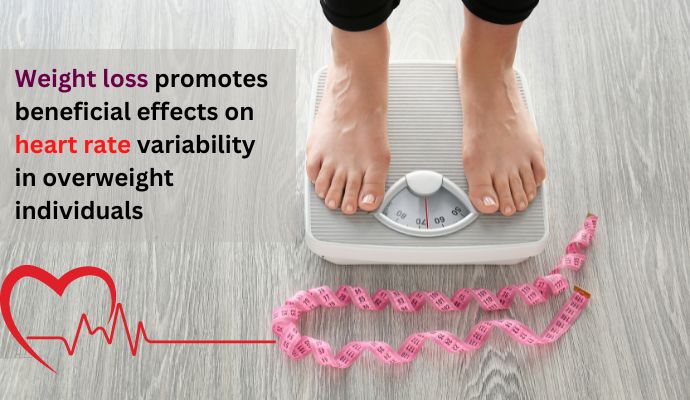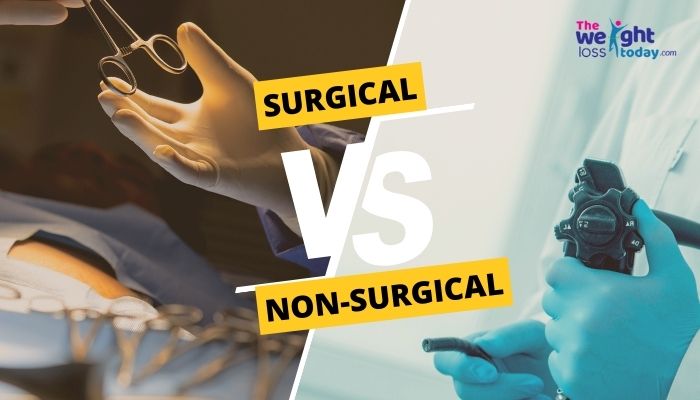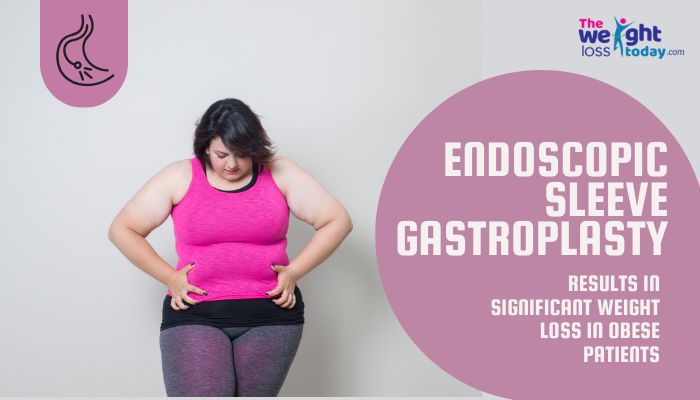
Sleep apnea and how it is associated with Obesity
Sleep apnea refers to a condition in which
58,991 total views, 114 views today
Home » High Cholesterol and Obesity
Hyperlipidemia refers to high levels of fats in the blood. Cholesterol and triglycerides are two major types of fats found in the blood.
The cholesterol travels through the blood by forming a complex lipid with proteins known as lipoproteins. Two types of lipoproteins carry cholesterol throughout the body known as low-density lipoprotein (LDL) or bad cholesterol, and high-density lipoprotein (HDL) or good cholesterol. HDL carries cholesterol from other parts of the body to the liver that helps to eliminate the harmful cholesterol from the body. Hence, higher levels of HDL aid in reducing the risk for heart disease. In contrast, LDL is associated with buildup of plaque in the arteries, which can reduce the blood flow to the heart and other organs. Having higher levels of HDL increases the risk for heart disease.
Triglycerides refer to fats in the blood which is obtained through food intake. Excess calories from the food consumed are stored in the form of triglycerides. Higher levels of triglycerides are also linked to the buildup of plaque in the arteries, thereby increasing the risk of cardiovascular disease.
Usually, hyperlipidemia is asymptomatic, but the changes in cholesterol levels overtime can translate into an increased risk of coronary heart disease, stroke, and cardiovascular death.
The interplay between genes and environmental factors play a substantial role in determining one’s susceptibility to hyperlipidemia. However, it is important to understand that an unhealthy lifestyle has a profound impact on an individual’s fundamental risk of hyperlipidemia. A high fat diet and physical inactivity increases the risk of both obesity and hyperlipidemia.
Furthermore, studies suggest a significant correlation between serum cholesterol and obesity. Obese individuals are usually found to have increased triglycerides and LDL levels, and lower levels of HDL. It is known that the HDL carries excess cholesterol to the liver, thereby helping the body to eliminate it. But, decreased levels of HDL result in accumulation of triglycerides and LDL in the body, leading to hyperlipidemia.
Accumulation of fat in an obese individual, especially in the abdominal region can lead to insulin resistance, a complex condition found to be associated with hyperlipidemia. It leads to changes in the enzymes involved in cholesterol metabolism. Obesity is also associated with an increase in the inflammatory causing an increase in the accumulation of adipose tissue macrophages, thereby promoting hyperlipidemia.
Additionally, obesity is found to alter the way the body handles cholesterol. Studies show that dietary changes are less effective in improving lipid profiles in obese individuals. It mitigates body’s response to the types of the fats consumed and hence diets with low saturated fatty acids and cholesterol may not make any difference towards weight loss. Visceral fat (fatty tissue in the abdominal cavity) also interferes with the endocrine and immune system leading to chronic inflammation, a common complication of obesity. Such inflammation may also decrease the body’s response to changes in dietary fat intake.

Sleep apnea refers to a condition in which
58,991 total views, 114 views today

Since the beginning of 20th century, the overall
58,966 total views, 112 views today

New year is the time for new beginnings.
59,666 total views, 112 views today

Weight loss can be tricky business, as it
59,537 total views, 112 views today

According to a recent study, weight loss through
60,436 total views, 112 views today

According to a recent study, preoperative very low
60,437 total views, 112 views today

A recent study conducted on GERD (Gastroesophageal Reflux
60,442 total views, 113 views today

A recent study done to examine the long-term
59,320 total views, 109 views today

Overweight and obesity is a major health concern
29,589 total views, 77 views today

A recent study published in the Journal of
28,778 total views, 76 views today

The findings from a recent study, published in
29,019 total views, 76 views today

The findings of a recent study, published in
29,420 total views, 77 views today